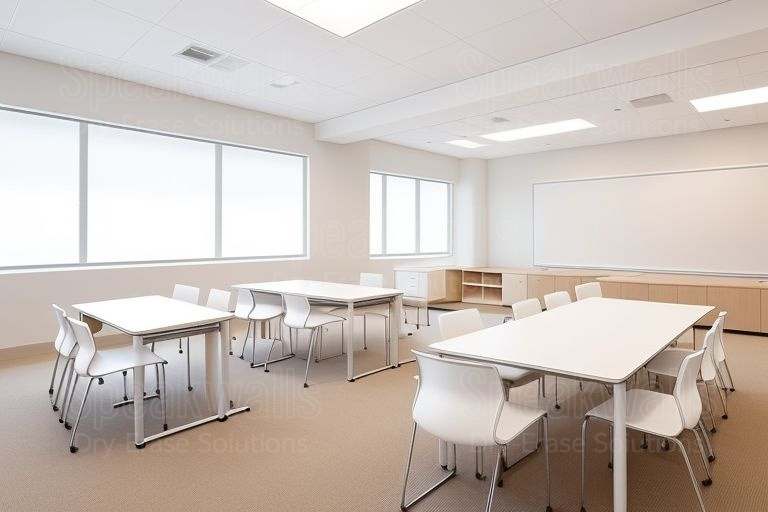What if homework wasn’t about worksheets and long essays, but instead, about playing games? It sounds like a dream, right? Well, with educational games, that dream could become a reality, and it could be a total game-changer for high school education.
Instead of the usual homework assignments, imagine being assigned a game that teaches you the same concepts, but in a more interactive, engaging way. For example, instead of memorizing historical dates, you could play a game that lets you live through key historical moments, making those dates stick because you're experiencing them. Or, in math class, rather than completing pages of equations, you could play a puzzle game where you solve problems to unlock the next level.
The beauty of using games for homework is that they make learning feel like fun, not a chore. They’re immersive, hands-on, and provide instant feedback, so students can understand where they went wrong and fix it before moving on. Plus, games allow students to work at their own pace—struggling with a concept? The game adapts to help you learn it. Already a pro? It ramps up the challenge, keeping you engaged.
This approach also taps into a student’s natural love for competition and achievement. Earning points, badges, or unlocking new levels can be a huge motivator. By using games as homework, students can learn more effectively, without the stress and dread that comes with traditional assignments. It’s homework, but way cooler.
